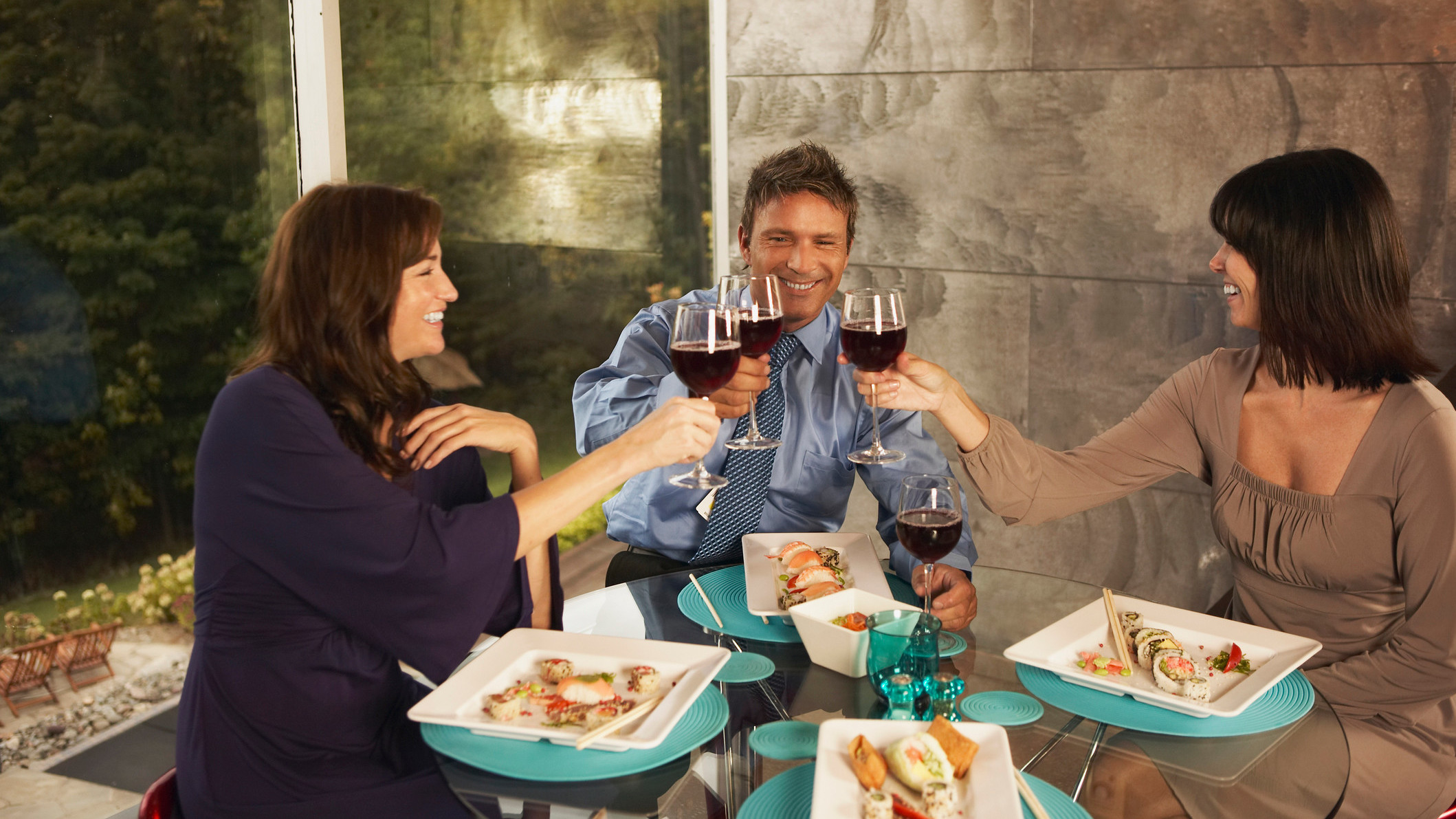A New California Law Allows For At-Home Restaurants
While the restaurant industry across the United States has been impacted by COVID-19, few states have been hit as severely as California, where infection rates continue to climb, unemployment is high, and ongoing stay-at-home orders continue to devastate restaurants. But now, a newly passed law in Riverside county (which is part of the larger "Inland Empire" metropolitan area), has legalized home-based restaurants for the first time, creating new opportunities for out-of-work employees and new dining spots for customers.
The story comes to us from Farley Elliott, the senior editor at Eater Los Angeles, who interviewed multiple newly-minted restaurateurs, visited their homes, and spoke with Akshay Prabhu, the entrepreneur who helped spearhead the law. According to Elliott, working with Prabhu's business, Foodnome, isn't the only way to open an at-home restaurant, but it does help to considerably smooth the path.
"Prabhu's company helps simplify the process for aspiring home restaurateurs, who have been mostly women of color and immigrants so far. Staffers help home chefs walk through the cumbersome permitting process. The initial costs (usually just over $1000) covers the $651 paperwork, liability insurance, and startup toolkit. Chefs must also pass a week-long food management certification course and undergo home kitchen inspections by public health officers; once approved, they're free to sell food from their home."
Elliott's story is interesting, both because of its subject matter and how he tells the story. While Prabhu, his company, and the law itself are the central pillars within the narrative, the cooks themselves are an integral part of the story and don't get crowded out. You'll read a good deal about chef Lucy Silva's restaurant, Barra de Pan, and her long path to having a fully licensed at-home kitchen; chef My Nhan Tran, a Vietnamese immigrant and software engineer turned stay-at-home mom whose restaurant, My Fair Kitchen, Elliott describes as serving "the most beautiful Vietnamese food you have ever seen"; and chef Evon McMurray, whose home restaurant, Jerky Jerk, fuses the two disparate food worlds of northern and southern Louisiana with the "Cajun-Caribbean-African influence" of the food she grew up with.
The story is worth reading in full, both because of the individuals it highlights and because the law, AB-626, is technically legal across the entire state. And, if the law proves to be successful, perhaps other parts of the country will see similar legislation in the future.
